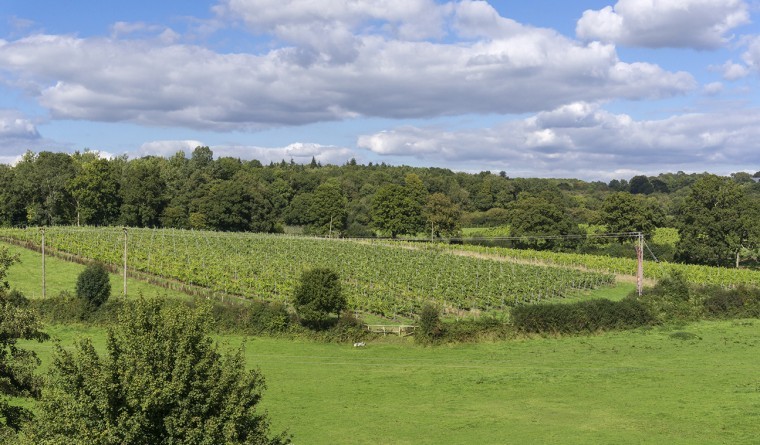Despite the uncertainty of Brexit, agricultural property offers a secure rental yield and potential for longer-term capital growth, according to Jeremy Moody, Secretary and Adviser to the Central Association of Agricultural Valuers (CAAV).
Speaking to European property valuers at the TEGoVA Valuation Conference in Dublin, Mr Moody said that negative interest rates and quantitative easing made for a challenging situation for investors, who were already spooked by the uncertainty over Brexit.
“Half of Eurozone government debt now has negative interest rates. It can be hard to understand a world where people are lending money at negative interest rates, not just to governments but, in Denmark, even on some mortgages,” said Mr Moody. “While it is natural for discussion to focus on risk and uncertainty for assets, that applies to all investments, not just property. In such a world, property can offer security with a yield from rents, a physical reality and prospect of later development.”
Mr Moody was unveiling the joint CAAV / Royal Agricultural University report on UK property markets, which explores what’s actually happened on the ground since the EU referendum in June. “Despite many forecasts in the campaign, markets have overall stayed on the paths they had before the referendum,” said Mr Moody. “This is a story of commercial sense seeing through the turbulent moves in sentiment that immediately followed the vote.”
British property offered a haven within a secure legal framework, a market economy and a commercial ethos, aided by the UK’s independent control of both monetary and fiscal policy, he added. “Agricultural property has its place in that with a yield better than German government bonds and without the issues and changing markets for buildings with their increasingly short lives.
“While the UK is naturally under scrutiny now as it prepares for the Brexit negotiations, the markets will soon look critically at other countries, their banking systems and frailties,” warned Mr Moody. “With the prospect of prolonged low returns across the global economy, good UK farmland can offer a hedge in such curious times.”
The full report is available here: http://publications.rau.ac.uk/Reviews/Volume1/




